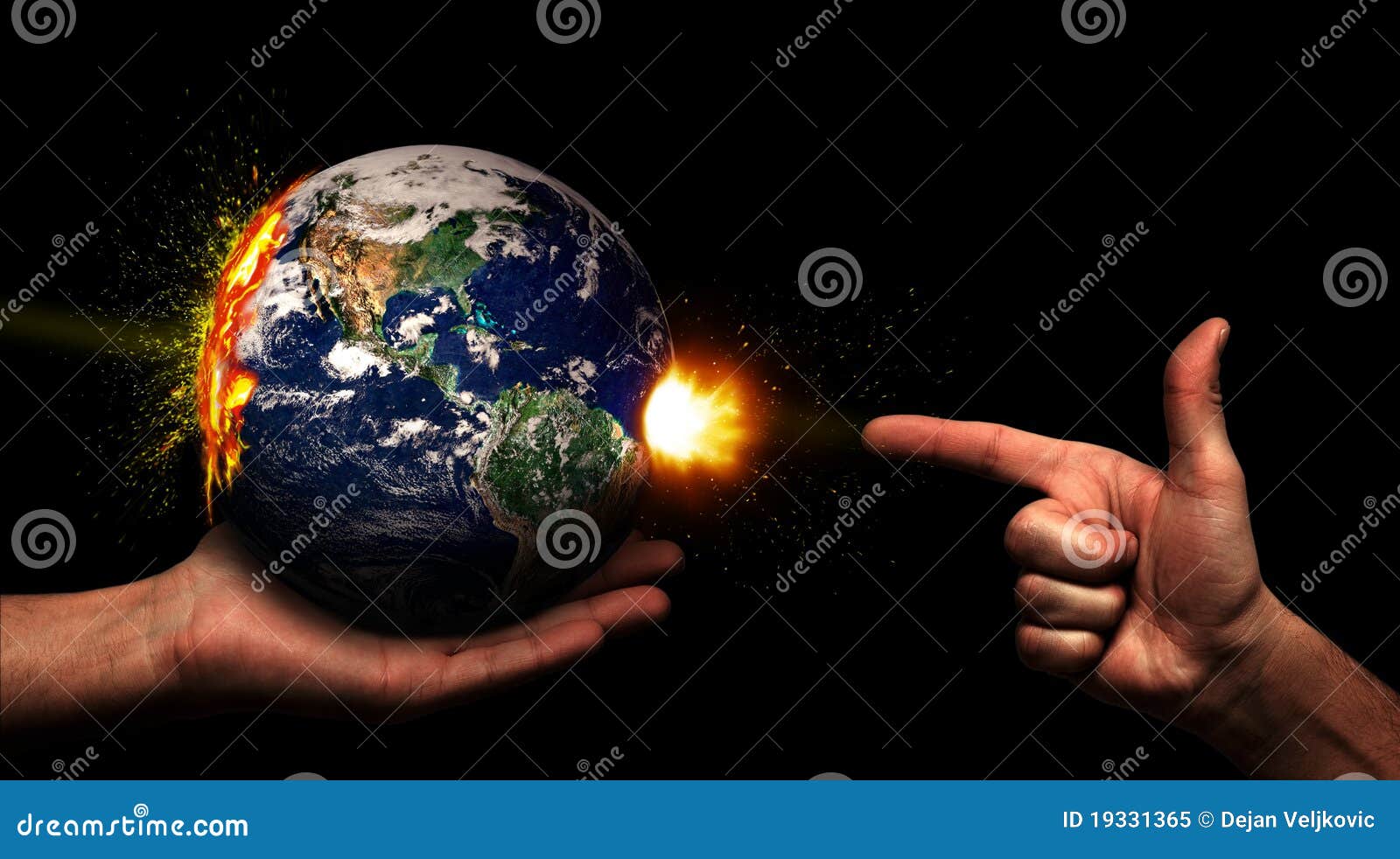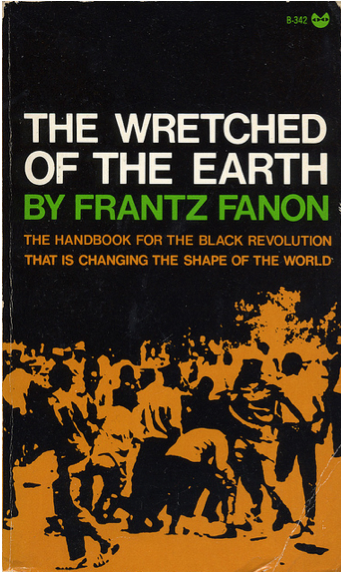
For this episode, I sat down with professor Manan Ahmed to discuss Frantz Fanon’s The Wretched of the Earth.įrantz Fanon was born in 1925 on the French-occupied Caribbean island of Martinique. In each episode, I talk with one of the world’s leading scholars about one book that changed the course of history. Zachary Davis: Welcome to Writ Large, a podcast about how books change the world. And I think that's what I think is the most incredibly important parts of the book.

Manan Ahmed: And so I think the appeal of this text really is in that second half, right, where decolonization, and Third World, and the future, which is the now, right, the future is that now, the struggle is right now, but the future of an emancipated world, emancipated from colonialism, he kind of lays out a blueprint for it. He believed a new national culture would emerge when a nation turns its attention away from its oppressors and towards its own people. They would become the first, and the colonizers would become the last.įanon didn’t think full decolonization was about returning to pre colonial life, nor was it about fully adopting the culture of the colonizers. For Fanon, the only way decolonization could fully happen was through a violent struggle between the last, also known as the colonized, and the first, or the colonizers, where the colonized emerged on top. Zachary Davis: Fanon saw colonization as an inherently violent process, and therefore believed decolonization had to be as well.

I am a associate professor of history at Columbia History Department. Manan Ahmed: So one of the things that I remember, was that very basic claim that Fanon begins with which is that, “The last shall be the first, and the first shall be the last,” this idea that decolonization has to upend the colonial order. In his 1961 text The Wretched of the Earth, Fanon wrote about the psychological effects of colonialism, and the psychological hurdles of decolonization.

Fanon became a vocal critic of colonialism.

In his early adulthood, Fanon began to see behind this myth, and saw colonialism for what it really was. But despite his initial loyalty to France, the French colonizers didn’t see Fanon as equal.įor centuries, Europeans justified their colonial conquests by claiming it was a civilizing mission-that they were bringing these other nations and people into the modern era. For most of Fanon’s life, he identified with French nationality. He was born to parents of both African and French descent, and was brought up in the ways of French culture. Zachary Davis: In 1925, on the French colonial island of Martinique, one of the most important thinkers of the 20th century was born, Frantz Fanon.


 0 kommentar(er)
0 kommentar(er)
